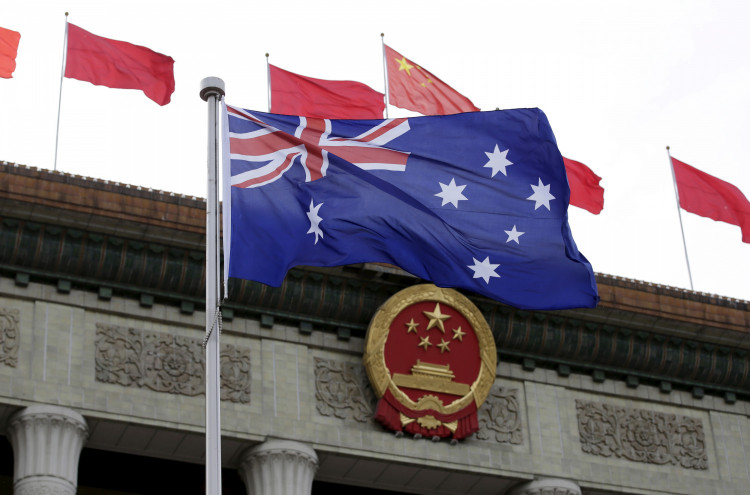Imprisoned Australian writer Yang Hengjun, who was recently handed a suspended death sentence by a Beijing court on espionage charges, may not face execution. This statement comes from China's ambassador to Australia, Xiao Qian, providing a glimmer of hope for Yang's family and supporters.
Yang, a former pro-democracy blogger and an Australian citizen born in China, has been in detention since his arrest at Guangzhou airport in 2019. The Beijing court's decision last month to sentence Yang to death, albeit suspended, came as a shock, especially given Yang's prolonged detention and the secretive nature of his trial, which was closed to the public and foreign diplomats.
Ambassador Xiao, speaking at the Australian Financial Review Business Summit, suggested that if Yang adheres to the terms of his imprisonment and commits no further crimes, "theoretically there is a chance he will not be executed." This remark marks the first instance of a Chinese official hinting at the possibility that Yang might avoid execution.
Concerns have been raised about Yang's health, particularly a serious kidney condition that necessitates immediate medical care. While Yang's family has described his situation as dire, Ambassador Xiao downplayed these fears, stating Yang's health issues are not as severe as publicly portrayed and that he is receiving professional medical attention in prison.
Yang's case has been contentious, with his family and supporters labeling him a political prisoner and decrying the "absurdity" of the espionage charges against him. Yang, who worked for China's Ministry of State Security in the past, has maintained his innocence, asserting he never spied for a foreign country.
The suspended death sentence in China offers a two-year reprieve, after which the sentence is typically commuted to life imprisonment. This legal provision offers a faint hope for Yang's future, contingent on his compliance with the terms of his imprisonment.
The Australian government, while seeking to stabilize relations with China, has expressed its dismay at Yang's sentencing. Foreign Minister Penny Wong emphasized the importance of advocating for Yang's interests, despite the complexities of navigating China's legal system and cultural differences.
Yang's case underscores the delicate balance between diplomatic engagement and the protection of citizens' rights abroad. As discussions continue and diplomatic channels remain open, the international community watches closely, hoping for a resolution that spares Yang's life and reunites him with his family.




